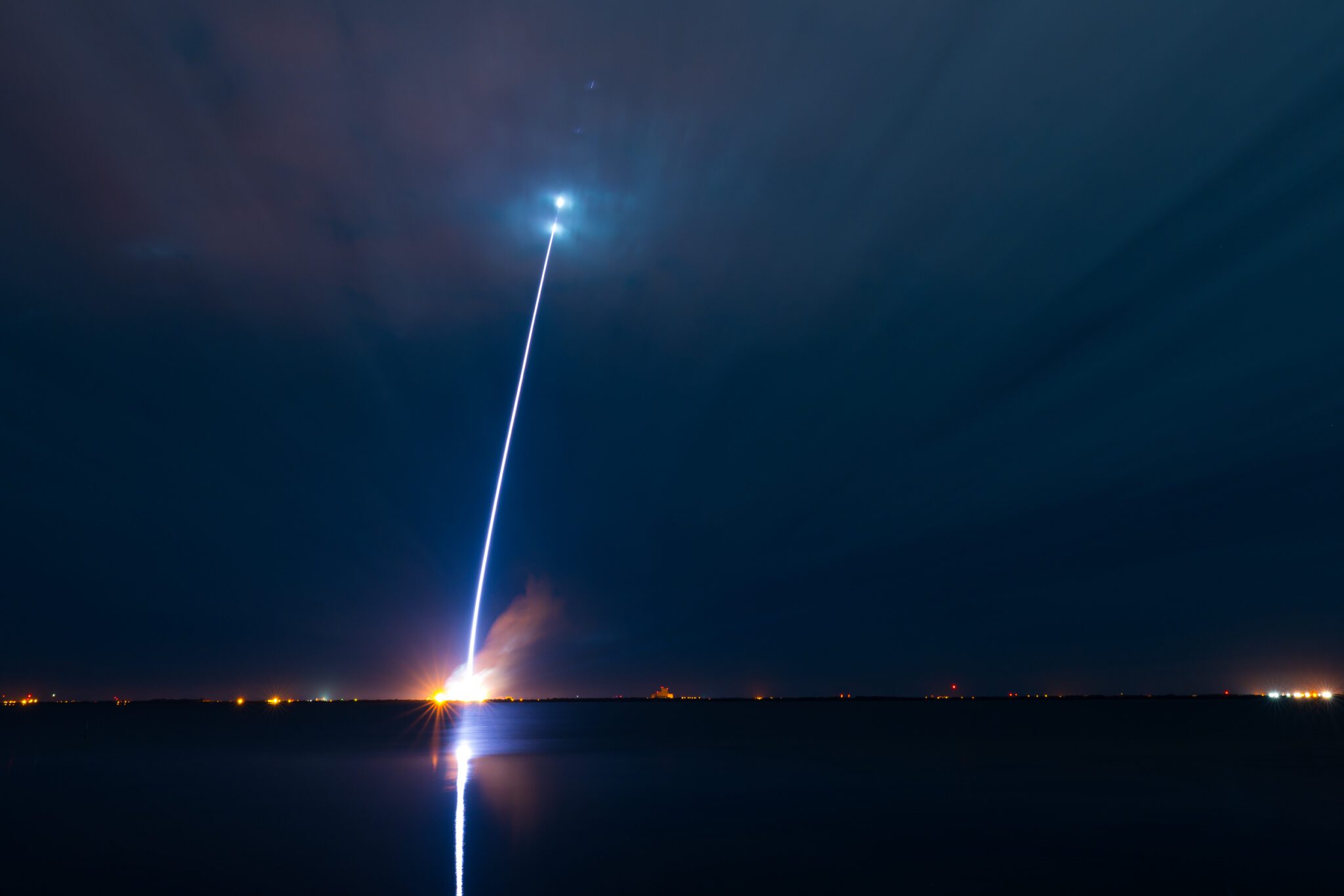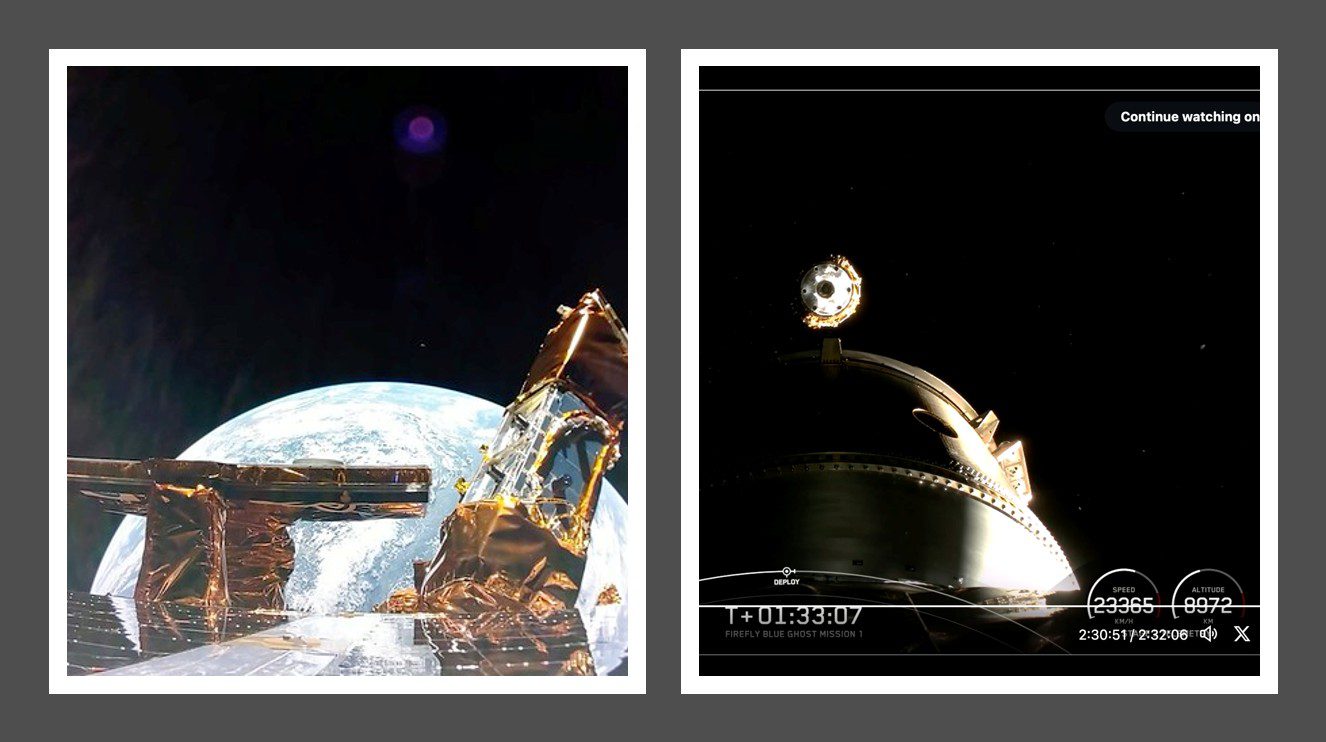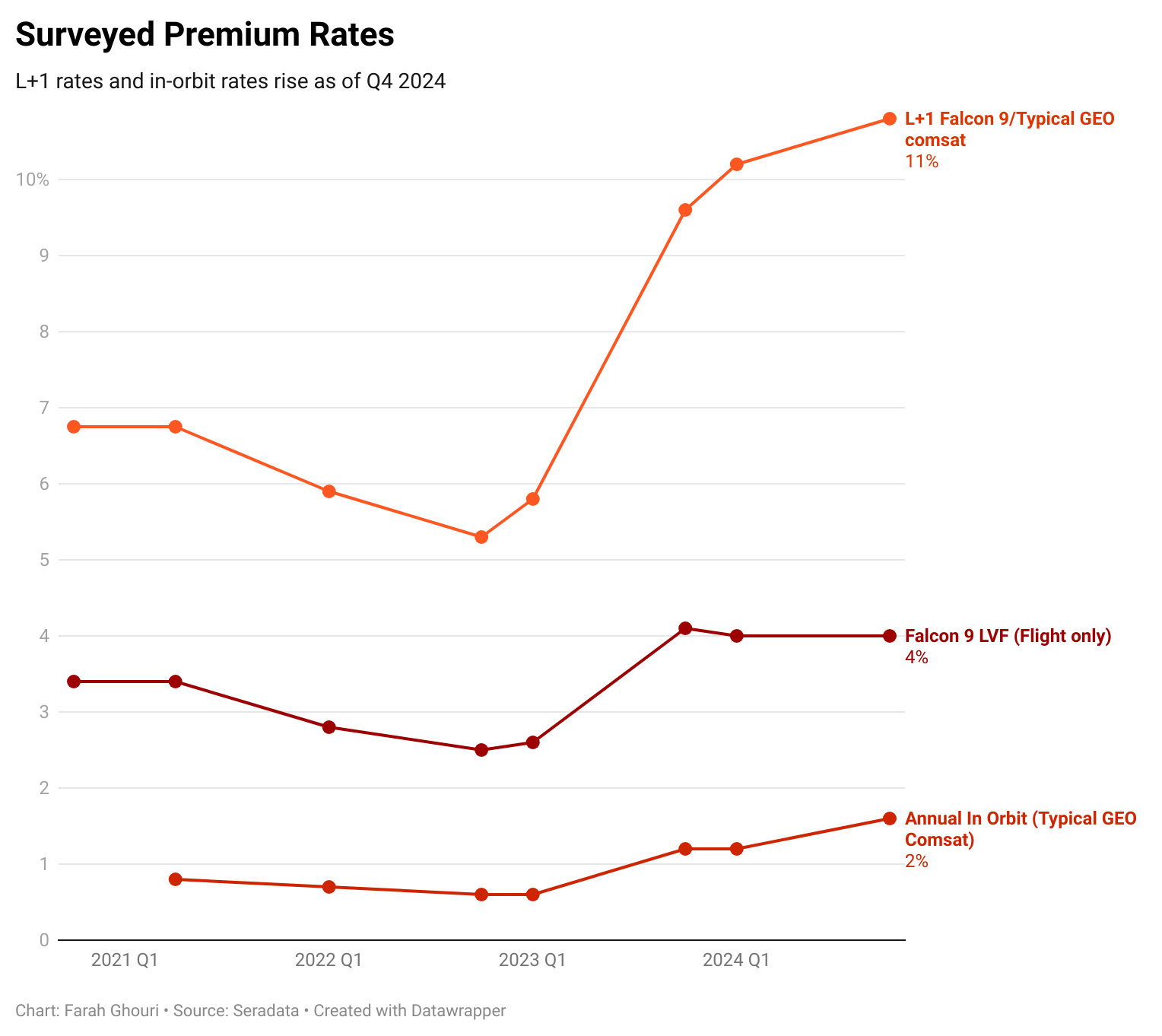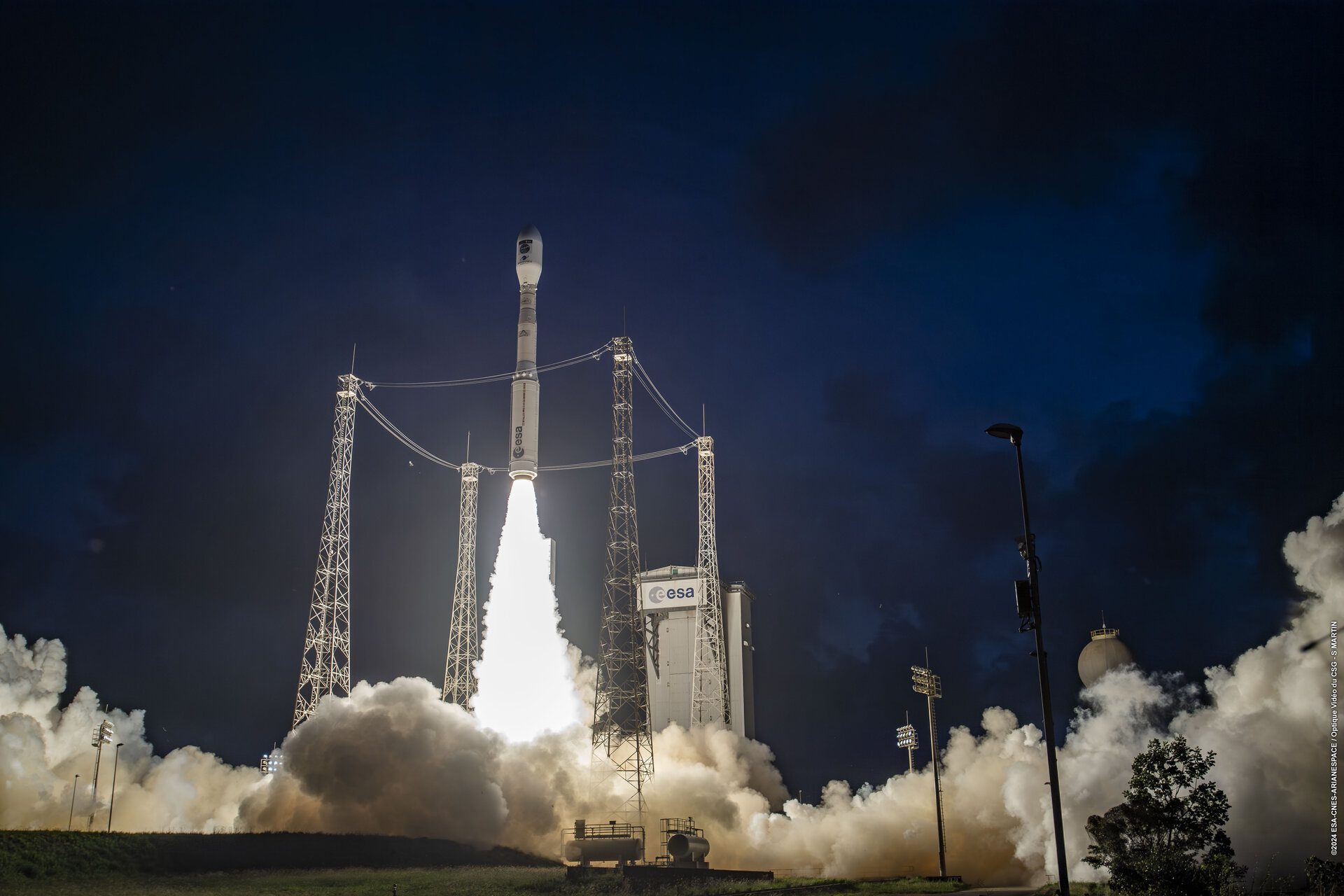The Proton M launch vehicle has had yet another launch failure. The Russian government launch which occurred from the Baikonur Cosmodrome near Tyuratam, Kazakhstan at 2142 GMT on 15 May 2014 failed to launch the Express 4R communications satellite after a suspected failure of the third stage of the launch vehicle. Initial reports are that at around 540s into the flight, there was a loss of thrust in the four nozzle vernier steering engine, and this caused an automatic shut down of the main RD-0213 third stage engine. The remaining Proton M Breeze M (Phase 3 configuration) rocket assembly including the third stage, Breeze M upper stage, Express AM-4R satellite and fairing fell back to Earth. Originally this was reported to be in the Altai region of Siberia, however debris was reportedly later found north of Harbin, in Heilongjiang province in China.
No damage or fuel contamination on the ground has been reported. The launch was conducted for the Russian Satellite Communcations Company. The flight was flown under “government authority” rather than a “commercial” one flown under the International Launch Services (ILS) marketing “flag” which, by chance, have recently had a much better flight success record. Nevertheless, the launch failure will be a blow to ILS as it tries to convince the commercial launch market that Russian quality control is improving.
The previous government launch of a Proton M/Breeze M in April carrying two satellites, Luch 5V and Kazsat 3, was successful. However, according to the Seradata SpaceTrak database, while the Proton launch vehicle has a stable failure rate it is one which never seems to reduce – unlike those of comparable Western launch vehicles. The Airbus-built 5,800kg Express AM-4R communications satellite and its launch was insured on the Russian insurance market via Ingostrakh and then reinsured on the international market. The insurance loss is expected to total US$217 million.
The failure increases the likelihood that the space insurance market will fall into loss for this year as is expected to be the case for 2013. At the World Space Risk Forum being held in Dubai in May, space insurers had already been warning that premium rates would have to rise for the market to be able to take two major insurance losses in a given year and still remain profitable. Earlier this year an in-orbit solar array-related electrical distribution fault to the commercial communications satellite Amazonas 4A is likely to be declared a partial insurance loss which insurers expect will total an amount in excess of $100 million.
Whether insurance premium rates for satellite launches and in orbit risks will rise across the board or not, underwriters expect that premium rates for typical spacecraft being launched on Proton launch vehicles will now inevitably climb. The underwriting overcapacity in the insurance market meant that market forces had forced them down to rates below the “technical” failure rates (as analysed by Seradata) for such risks.






